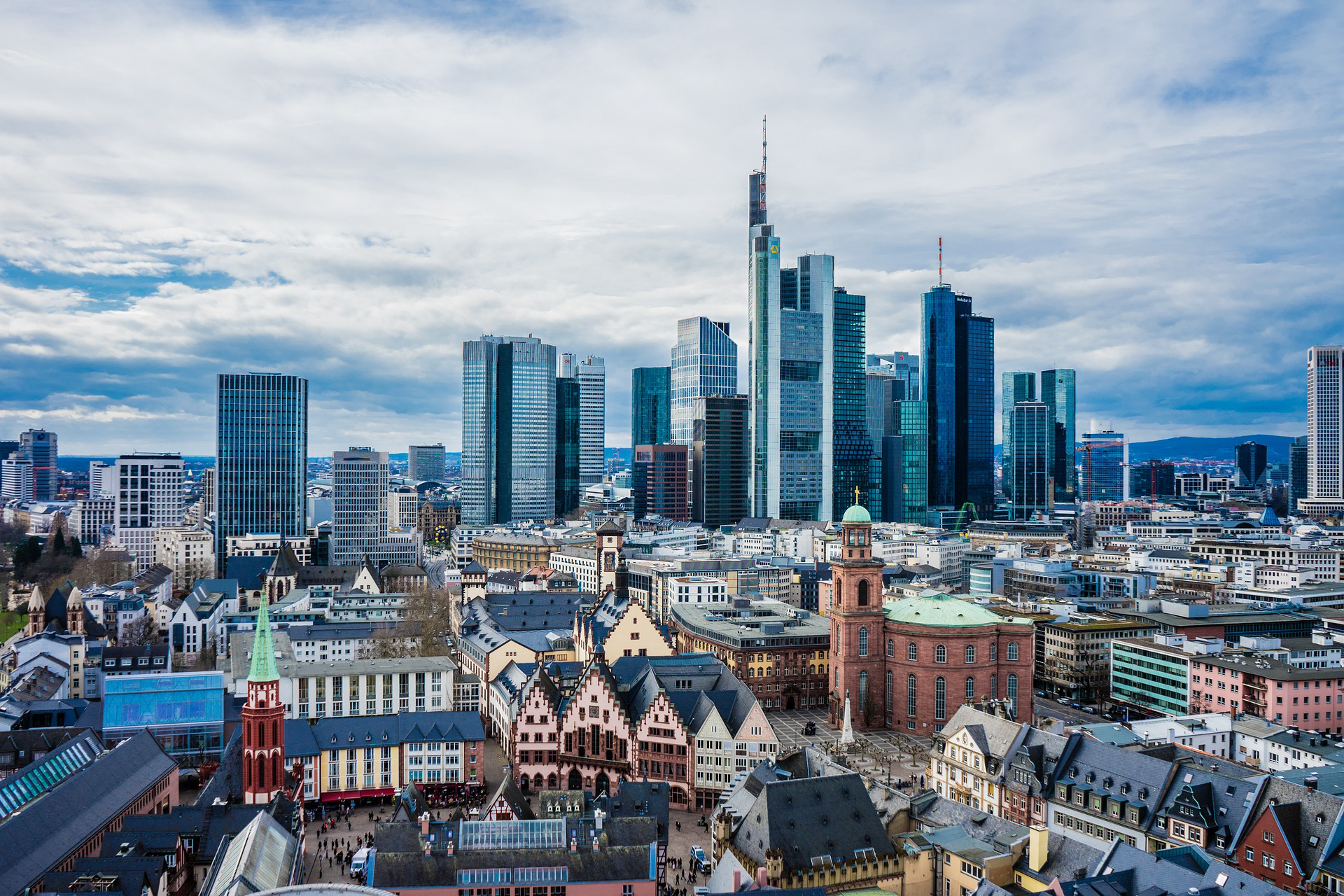BUYING PROPERTY IN GERMANY
3rd Feb 2025

What steps should you take when looking for a new home in Germany and how can a good adviser help? This guide will help you get the basics straight before you embark on your new adventure. Buying a property is a big decision, especially in a different country, so it's important to get all the details right.
The land registry tax covers the costs of registering the property and transferring ownership and is usually 0.5-1% of the purchase price.
The fees for lawyers providing legal services for the purchase of a property are usually between 1% and 2% of the purchase price. The fees for estate agents range from 3% to 7% of the purchase price and are paid by the buyer, unless otherwise agreed.
If you take out a loan to buy the property, you should also expect to pay bank charges and interest. These costs may include the loan application fee, the contracting fee and notary fees. In addition, interest rates can have a significant impact on your overall budget, especially for long-term loans.

The magic of Germany
Germany is a country full of cultural attractions and stunning landscapes. Imagine yourself at Oktoberfest, enjoying the great food and beer of the Bavarian region, or walking through the Brandenburg Gate in Berlin. The country's rich history, modern cities and natural beauty make it an ideal place to call home. Whether you're looking for your dream job in a big city or prefer the tranquillity of the countryside, Germany's high standard of living and stable economy offer plenty of opportunities.Overview of the German property market
According to the Deloitte European Property Report 2023, Germany's property market is complex and heterogeneous. Due to the country's federal structure, large cities such as Munich and Frankfurt show high prices, while more affordable prices can be found in the periphery. A significant proportion of the country's population lives in rental housing, but the majority of property buyers are planning for the long term, which is a sign of price stability.Prices and prices per square metre
In 2023, the average price of a new-build dwelling was €4,700/m², but there are significant differences between cities. In Munich, prices per square metre rose to over 7000 EUR/m², while in Frankfurt they ranged between 6000 and 6500 EUR/m². In Berlin, prices were slightly lower at around EUR 5,000-5,500/m², but further price increases are expected as the city continues to develop. In Leipzig and other parts of East Germany, property can be found at more affordable prices of between EUR 2,500 and 3,000/m², making it an attractive option for investors and home seekers.Rental market and interest rates
Rents have been rising steadily, especially in the big cities where demand outstrips supply. The year 2023 was also a challenging year for borrowers, as the average interest rate on home loans was 4.2%, which significantly impacted financing options. Energy prices have also increased, further driving up housing costs.Property development and housing stock
In 2023, 245,000 new dwellings were built in Germany, a decrease of 12.5% compared to the previous year. This is partly due to high interest rates and rising construction costs. However, the country still has the largest housing stock in Europe, with 43.6 million dwellings, which is the basis for a stable housing market.How is the buying process in Germany?
The process of buying a home consists of several steps and it is important to carefully research mortgage and immigration requirements. In addition to the standard 20% deposit, foreigners may often require a higher deposit. A good RE/MAX advisor can help you navigate the process, while a notary is responsible for drafting and registering the sales contract. The support of an adviser can be particularly valuable in helping you find the best deals and dealing with the paperwork.Fees related to the purchase of real estate in Germany
When buying a property in Germany, there are a number of additional costs on top of the purchase price. One of the most significant is the property acquisition tax (Grunderwerbsteuer), which varies from region to region, but generally ranges between 3.5% and 6.5% of the purchase price.The land registry tax covers the costs of registering the property and transferring ownership and is usually 0.5-1% of the purchase price.
The fees for lawyers providing legal services for the purchase of a property are usually between 1% and 2% of the purchase price. The fees for estate agents range from 3% to 7% of the purchase price and are paid by the buyer, unless otherwise agreed.
If you take out a loan to buy the property, you should also expect to pay bank charges and interest. These costs may include the loan application fee, the contracting fee and notary fees. In addition, interest rates can have a significant impact on your overall budget, especially for long-term loans.
Choosing the right location
Choosing the right location is key. It is important to take into account accessibility to transport, proximity to schools and the fact that most properties in Germany are delivered unfurnished. A private consultant can help you clarify these details and ensure that your new home meets your needs.
Find your home with your own RE/MAX Go advisor
Buying property in Germany is a great investment, whether you're looking for a family home or a rental property. An experienced advisor can help you navigate the complexities and support you in making the best decision, so you end up with the perfect home to start your new life.
Login to your account
or register today
